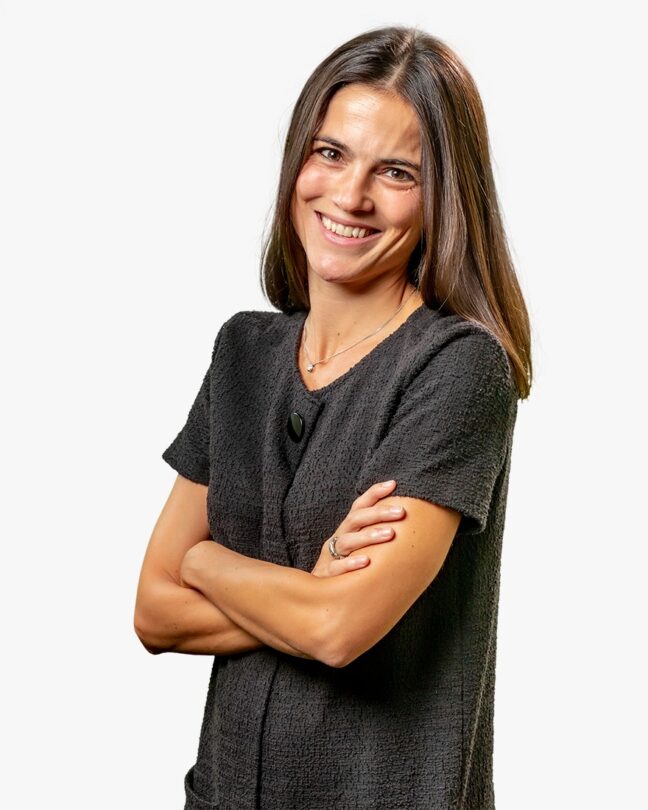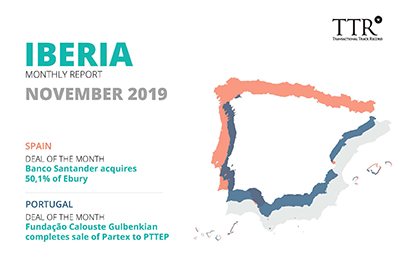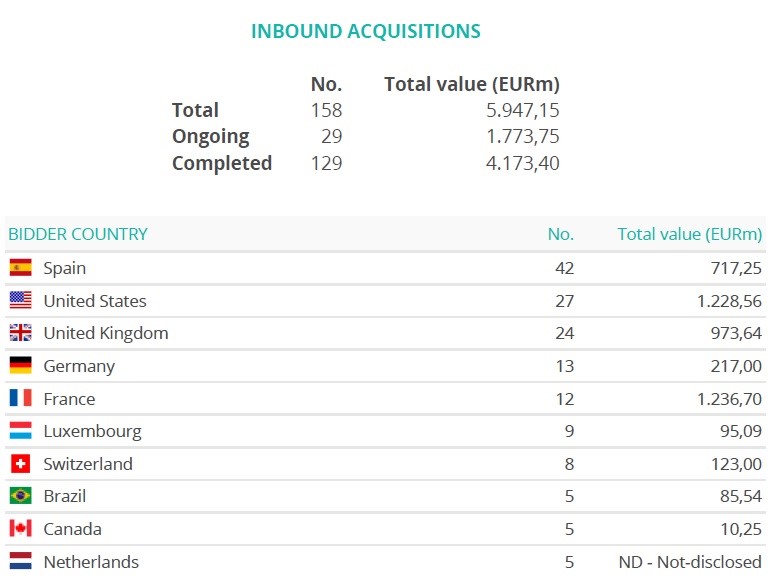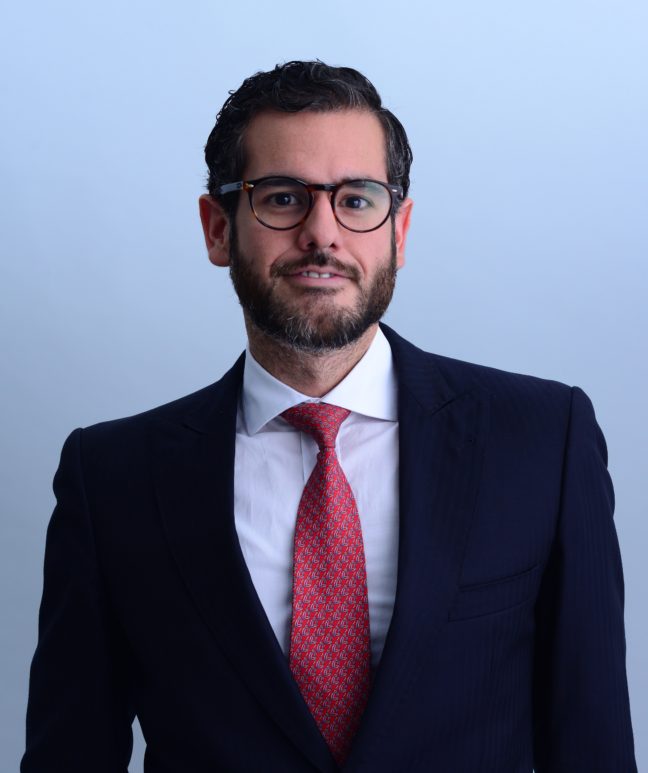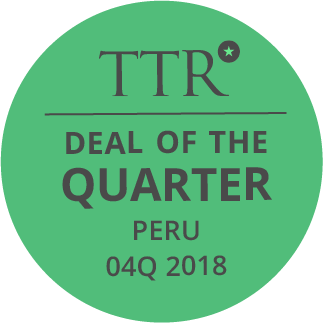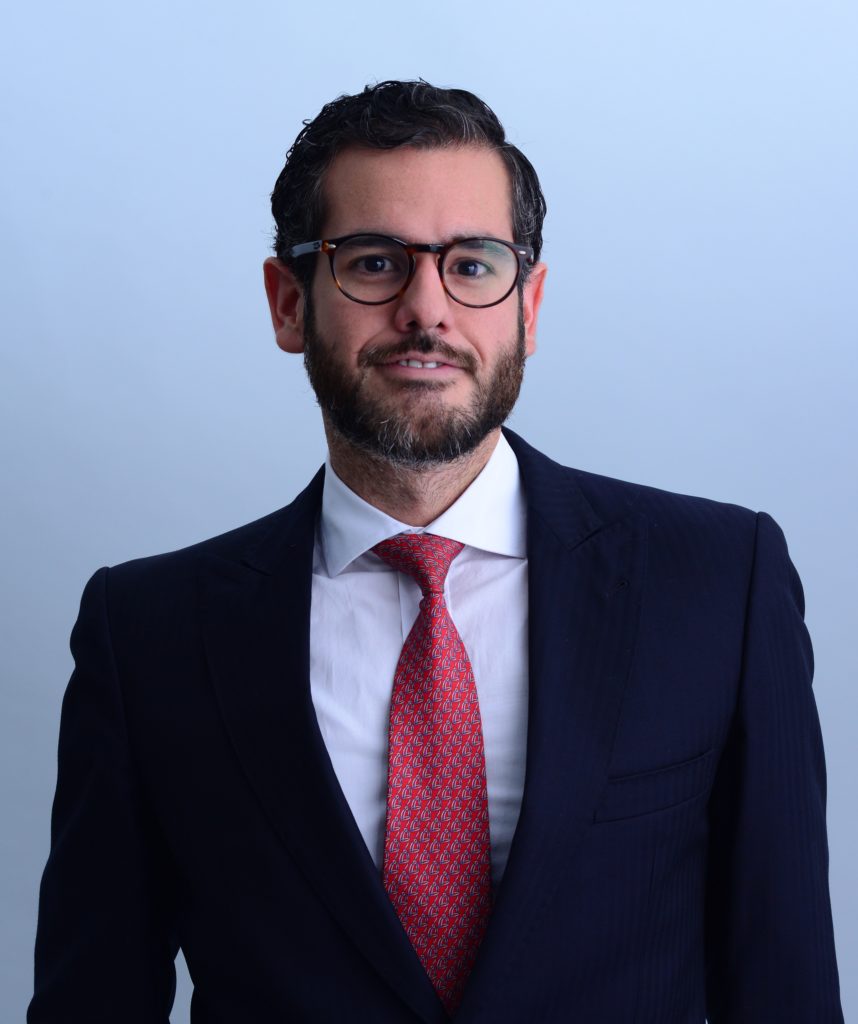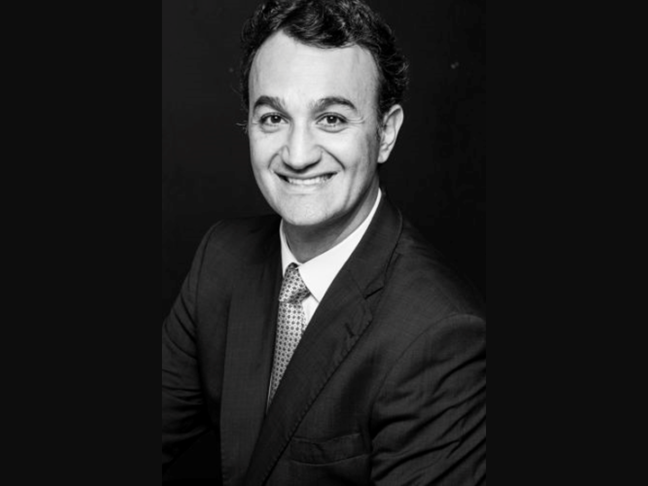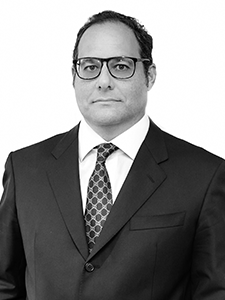TTR Data Dealmaker Q&A con Carolina Albuerne, socia de Uría Menéndez

Carolina Albuerne se incorporó a Uría Menéndez en septiembre de 2005. Es abogada del equipo de Corporate-M&A de la oficina de Madrid, ha estado desplazada en las oficinas de Barcelona y Nueva York y es socia de la firma desde 2022. Carolina ha adquirido una amplia experiencia en el ámbito societario, M&A, mercado de valores así como en el área regulatorio bancario. Nombrada mejor abogada de España menor de 40 años por Forbes en 2019, en 2020 la reconocida publicación británica Global Banking Regulation Review (GBRR) nombró a Carolina una de las 45 mejores abogadas del mundo en regulación bancaria menores de 45 años. Carolina Albuerne asesora en grandes operaciones de fusiones y adquisiciones y en reorganizaciones y reestructuraciones corporativas transfronterizas y nacionales en las que participan bancos españoles.
Carolina también asesora en operaciones que implican deuda híbrida y otros instrumentos de capital cualificados según la normativa bancaria, así como en el diseño de estructuras de capital eficientes desde una perspectiva regulatoria. Proporciona también asesoramiento jurídico de forma recurrente a los bancos en materia de gobierno corporativo y en la aplicación de la normativa de resolución.
¿Cuáles son las tendencias más destacadas que están moldeando el mercado de fusiones y adquisiciones en España y Europa en 2025? ¿Cómo crees que estas tendencias influirán en la estrategia de las firmas legales en los próximos años?
Las tensiones geopolíticas y, más recientemente, las comerciales están marcando la agenda. El anuncio de tarifas de Estados Unidos está teniendo un efecto devastador en la confianza del mercado. En este contexto, la reacción de muchos inversores a la incertidumbre es la habitual: protegerse y wait and see, y eso se ve en el menor apetito inversor.
El marco global favorece —al menos parcialmente— los procesos de renacionalización de las cadenas de producción y suministro. Quizás también con un menor énfasis global en la descarbonización. Es difícil que la Unión Europea pueda ser ajena a estas macrotendencias.
Una solución rápida y satisfactoria de la crisis tarifaria sería muy positiva para la confianza del mercado en Europa. Si se logra, los grandes programas de inversión pública europeos, especialmente el de Alemania, puede tener efectos muy positivos en ciertas industrias, como la de defensa o la de telecomunicaciones.
Para el sector bancario quizás la perspectiva sea más mixta. Por un lado, los mayores programas de inversión pública y las mayores tarifas comerciales pueden tener efectos inflacionarios a medio plazo, pero a corto plazo la volatilidad del mercado podría obligar a los bancos centrales a moderar o bajar los tipos de interés.
¿Qué sectores económicos están mostrando mayor dinamismo y oportunidades en términos de operaciones de M&A en España? ¿Qué factores están impulsando este crecimiento en dichos sectores?
Como apuntaba, quizás los sectores relacionados con defensa, telecomunicaciones, minería y sector financiero son aquellos con un entorno previsiblemente más favorable; pero todo puede cambiar rápidamente.
¿Qué impacto podría tener la actividad del mercado transaccional en el sector bancario en España y en la consolidación del mercado financiero europeo?
Los programas de gasto público ligados a la defensa podrían previsiblemente tener un efecto inflacionario que provoque un entorno con tipos de interés más elevados de los esperados hace unos meses.
Y esto sería positivo para el sector financiero, y en particular para el bancario. En ese entorno, cabría esperar en la Unión Europea nuevos procesos de M&A, buscando mayores economías de escala, en un entorno donde la mayor parte de los bancos europeos están fuertemente capitalizados, con baja morosidad y, por fin, con una elevada rentabilidad.
Sin embargo, no es menos cierto que la enorme volatilidad del mercado en los últimos días puede incrementar la mentalidad defensiva en el sector bancario y provocar un nuevo retraso en estos procesos de consolidación.
Las perspectivas para 2025 y para 2026 podrá depender, además del componente macro (que no es menor), de la evolución de los procesos de concentración bancaria que actualmente protagonizan las entidades italianas, y en particular Unicredit. Habrá que ver si tiene éxito en su operación con Commerzbank, porque se trataría de la primera integración bancaria transfronteriza en muchos años, un verdadero breakthrough. No es un secreto que las instituciones comunitarias, como la Comisión Europea o el Banco Central Europeo, están muy interesadas en los procesos de concentración transfronterizos en la Unión para crear entidades con escala para competir globalmente con las entidades americanas o chinas.
Creo también que la posible desaparición de la incertidumbre regulatoria puede ayudar a dar mayor claridad a los inversores bancarios. Y parece que la música ha cambiado por primera vez en casi veinte años: por primera vez se habla seriamente de desregulación. Esto puede actuar como un incentivo adicional para el M&A en este sector.
Considerando tu participación en grandes operaciones internacionales, ¿cuáles son los principales desafíos que enfrentan las firmas legales al asesorar en transacciones transfronterizas? ¿Cómo se pueden superar estos obstáculos para garantizar el éxito de las operaciones?
Lo primero es que para un buen delivery en estas operaciones no se necesita tener una oficina en cada país. De hecho, una de las cosas que nos da más flexibilidad, y que en despachos como Uría Menéndez podemos hacer, es elegir —para cada jurisdicción— los despachos que queremos tener en nuestro equipo para cada operación, típicamente nuestra red de best friends, despachos de elite en los principales países europeos.
Pero tenemos muchas otras opciones en el caso, por ejemplo, de que estén conflictuados o por la razón que sea consideremos que otro asesor encaja mejor en una determinada operación. Además de buenos abogados locales en los que confíes, necesitas flexibilidad, experiencia y, por encima de todo, la capacidad para coordinar grandes equipos en múltiples geografías, a veces en husos horarios distintos. Y esto último (la coordinación para que el trabajo sea homogéneo y acorde a nuestro estándar) es, en mi opinión, lo más complicado, pero donde se marca la diferencia para el cliente.
Desde 2021, has sido reconocida como una de las principales asesoras legales en el mercado de fusiones y adquisiciones en España. Mirando hacia atrás en tu trayectoria, ¿Qué factores consideras que han sido clave para tu crecimiento y reconocimiento en un sector tradicionalmente dominado por perfiles jurídicos masculinos?
Es difícil resumirlo. En mi caso, si tuviera que destacar algunos factores clave, serían la perseverancia y la fiabilidad. Tener una base sólida de conocimientos jurídicos se da por sentado en una firma como la nuestra. Pero lo que marca la diferencia es estar siempre preparada, dar lo mejor de una misma y dejarse la piel por los clientes y por los compañeros. Creo que eso ha sido determinante para ganarme su confianza y para que me involucraran en operaciones relevantes.
A lo largo de los años, no todo ha salido siempre como esperaba, pero cuando tienes claras tus prioridades, es más fácil mantener el rumbo y seguir trabajando con determinación.
En relación con la diversidad, en Uría Menéndez nunca me han hecho sentir “de menos” —tampoco “de más”— por ser mujer. Mi recomendación para cualquier mujer que se plantee una carrera en un despacho es trabajar duro, y los resultados llegarán
Con la evolución constante del entorno económico y regulatorio, ¿qué cambios anticipas en el mercado de fusiones y adquisiciones en el corto y mediano plazo? ¿Cómo deberían prepararse las firmas legales para adaptarse a estos cambios?
Por ahora, no se vislumbran grandes cambios, aparte de los potenciales sectores que pueden ser más protagonistas en el M&A. Todo parece indicar que el private equity seguirá siendo el protagonista de las operaciones de inversión y desinversión, pero habrá que estar a la incierta evolución del mercado.
Previsiblemente, a medida en que se avance en la integración del mercado común, veremos más y más operaciones transfronterizas, así que el perfil de abogado con capacidad de liderar operaciones internacionales es clave. Tampoco se puede ignorar el papel de la inteligencia artificial en el sector legal, con capacidad para automatizar las tareas más rutinarias y de menor valor añadido. Pero no olvidemos una cosa, un buen abogado tiene que ser por encima de todo un asesor de la operación, alguien en quien el cliente confíe. Nuestro rol nunca debe ser el de un mero redactor de contratos.
Por eso, para nosotros, es fundamental seguir invirtiendo en nuestro principal activo, nuestros abogados. En los tiempos que corren, no hay excusas para que un buen abogado no solo tenga que saber de derecho, hablar idiomas y vivir cómodamente en la tecnología; tiene que tener capacidades comerciales y el conocimiento del mercado para ganarse la confianza de sus clientes
